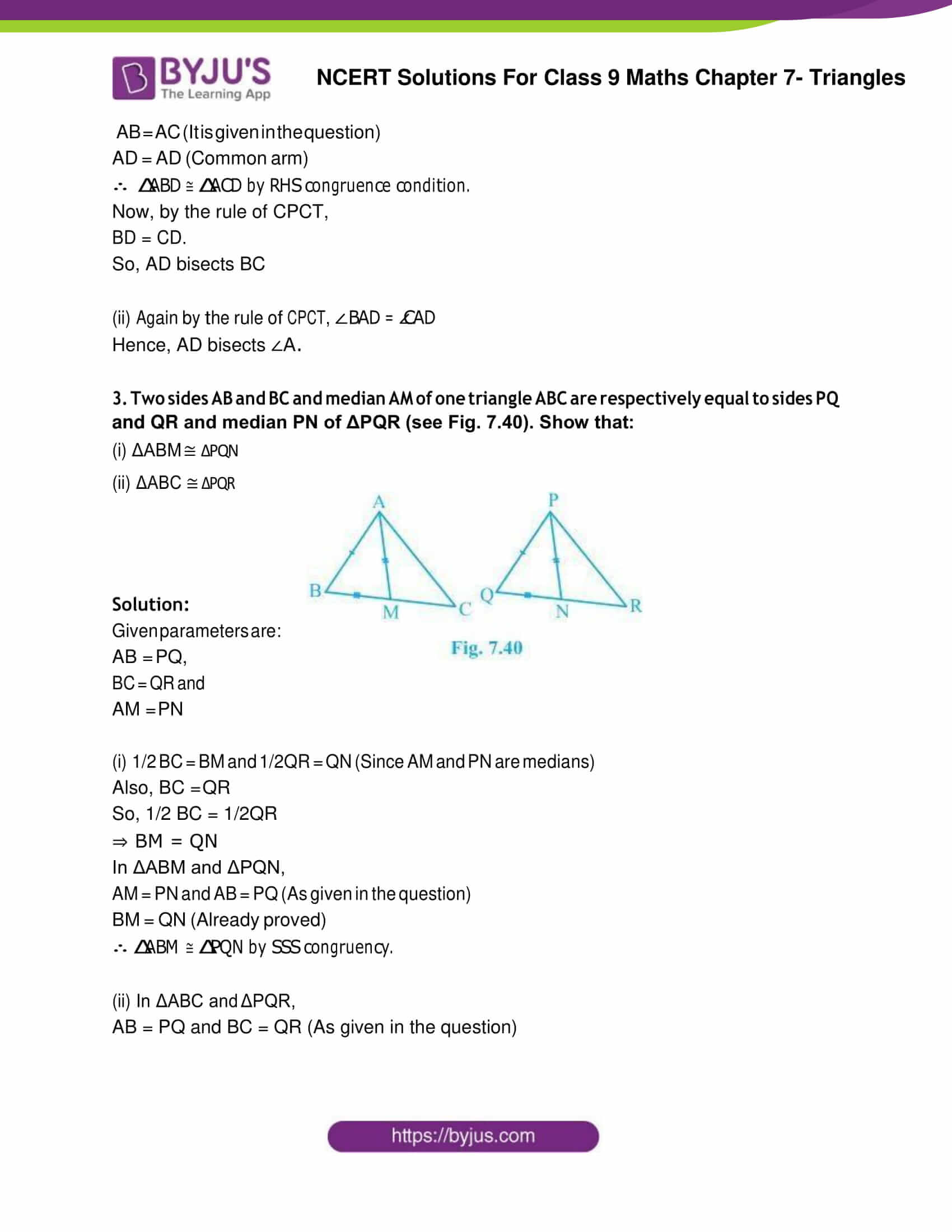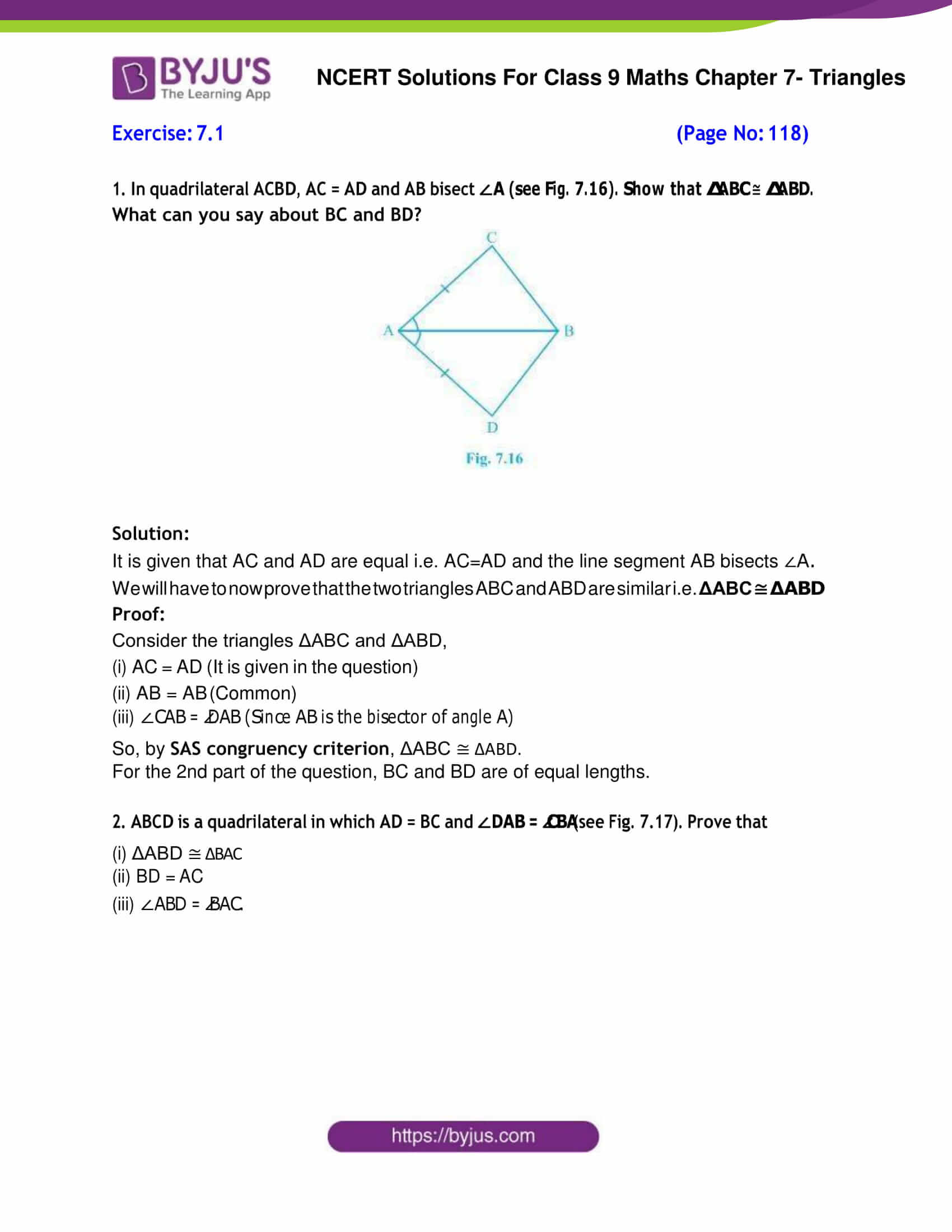

A fact is an occurrence in the real world. Standard reference works are often used to check facts. Scientific facts are verified by repeatable careful observation or measurement by experiments or other means. For example, "This sentence contains words. Generally speaking, facts are independent of belief and of knowledge. The word "fact" derives from the Latin factum , and was first used in English with the same meaning: a thing done or performed a meaning now obsolete.
The term fact also indicates a matter under discussion deemed to be true or correct, such as to emphasize a point or prove a disputed issue; e. Alternatively, fact may also indicate an allegation or stipulation of something that may or may not be a true fact , [6] e. This alternate usage, although contested by some, has a long history in standard English. Fact may also indicate findings derived through a process of evaluation , including review of testimony, direct observation, or otherwise; as distinguishable from matters of inference or speculation.
Facts may be checked by reason, experiment, personal experience, or may be argued from authority. Roger Bacon wrote "If in other sciences we should arrive at certainty without doubt and truth without error, it behooves us to place the foundations of knowledge in mathematics.
In philosophy , the concept fact is considered in epistemology and ontology. Questions of objectivity and truth are closely associated with questions of fact.
A "fact" can be defined as something that is the case�that is, a state of affairs. Facts may be understood as information that makes a true sentence true. The statement "Jupiter is the largest planet in the solar system" is about the fact Jupiter is the largest planet in the solar system. Pascal Engel's version of the correspondence theory of truth explains that what makes a sentence true is that it corresponds to a fact. The Slingshot argument claims to show that all true statements stand for the same thing�the truth value true.
If this argument holds, and facts are taken to be what true statements stand for, then we reach the counter-intuitive conclusion that there is only one fact� the truth.
Any non-trivial true statement about reality is necessarily an abstraction composed of a complex of objects and properties or relations. The verifiable accuracy of all of these assertions, if facts themselves, may coincide to create the fact that Paris is the capital of France. Difficulties arise, however, in attempting to identify the constituent parts of negative, modal, disjunctive, or moral facts. Moral philosophers since David Hume have debated whether values are objective, and thus factual.
In A Treatise of Human Nature Hume pointed out there is no obvious way for a series of statements about what ought to be the case to be derived from a series of statements of what is the case.
Those who insist there is a logical gulf between facts and values , such that it is fallacious to attempt to derive values from facts, include G. Moore , who called attempting to do so the naturalistic fallacy.
Factuality�what has occurred�can also be contrasted with counterfactuality: what might have occurred, but did not. A counterfactual conditional or subjunctive conditional is a conditional or "if-then" statement indicating what would be the case if events had been other than they were. For example, "If Alexander had lived, his empire would have been greater than Rome.
Such sentences are important to modal logic , especially since the development of possible world semantics. In mathematics, a fact is a statement called a theorem that can be proven by logical argument from certain axioms and definitions. The definition of a scientific fact is different from the definition of fact, as it implies knowledge. A scientific fact is a repeatable careful observation or measurement by experimentation or other means , also called empirical evidence.
These are central to building scientific theories. Various forms of observation and measurement lead to fundamental questions about the scientific method , and the scope and validity of scientific reasoning. In the most basic sense, a scientific fact is an objective and verifiable observation, in contrast with a hypothesis or theory , which is intended to explain or interpret facts. Various scholars have offered significant refinements to this basic formulation.
Philosophers and scientists are careful to distinguish between: 1 states of affairs in the external world and 2 assertions of fact that may be considered relevant in scientific analysis. The term is used in both senses in the philosophy of science. Scholars and clinical researchers in both the social and natural sciences have written about numerous questions and theories that arise in the attempt to clarify the fundamental nature of scientific fact.
Consistent with the idea of confirmation holism , some scholars assert "fact" to be necessarily "theory-laden" to some degree. Thomas Kuhn points out that knowing what facts to measure, and how to measure them, requires the use of other theories.
For example, the age of fossils is based on radiometric dating , which is justified by reasoning that radioactive decay follows a Poisson process rather than a Bernoulli process. Similarly, Percy Williams Bridgman is credited with the methodological position known as operationalism , which asserts that all observations are not only influenced, but necessarily defined, by the means and assumptions used to measure them.
Apart from the fundamental inquiry into the nature of scientific fact, there remain the practical and social considerations of how fact is investigated, established, and substantiated through the proper application of the scientific method. Carr in his volume What is History? Facts are, "like fish in the Ocean," of which we may only happen to catch a few, only an indication of what is below the surface. Even a dragnet cannot tell us for certain what it would be like to live below the Ocean's surface.
Even if we do not discard any facts or fish presented, we will always miss the majority; the site of our fishing, the methods undertaken, the weather and even luck play a vital role in what we will catch. Additionally, the composition of history is inevitably made up by the compilation of many different biases of fact finding � all compounded over time.
He concludes that for a historian to attempt a more objective method, one must accept that history can only aspire to a conversation of the present with the past � and that one's methods of fact gathering should be openly examined. The set of highlighted historical facts, and their interpretations, therefore changes over time, and reflect present consensuses.
In most common law jurisdictions, [29] the general concept and analysis of fact reflects fundamental principles of jurisprudence , and is supported by several well-established standards. A party to a civil suit generally must clearly state all relevant allegations of fact that form the basis of a claim.
The requisite level of precision and particularity of these allegations varies, depending on the rules of civil procedure and jurisdiction.
Parties who face uncertainties regarding facts and circumstances attendant to their side in a dispute may sometimes invoke alternative pleading. This seemingly logically-inconsistent presentation of facts may be necessary as a safeguard against contingencies such as res judicata that would otherwise preclude presenting a claim or defense that depends on a particular interpretation of the underlying facts and ruling of the court.
From Wikipedia, the free encyclopedia. Statement that is consistent with reality or can be proven with evidence. For other uses, see Fact disambiguation.
Main article: Fact�value distinction. Main article: Counterfactual conditional. Further information: Scientific method and Philosophy of science.
Further information: Historiography. Further information: Evidence law and Trier of fact. Main article: Pleading. Amherst, NY: Prometheus Books, p. Z vij b, Let emprours and kinges know this godly kynges fact. The OED dates this use to Shorter Routledge Encyclopedia of Philosophy. Routledge, Oxford. ISBN Truth and Interpretation.
Clarendon Press, Oxford. ISBN X. Scientific Knowledge and Its Social Problems. Transaction Publishers. Retrieved 16 May Nevertheless, the principles described herein have analogous treatment in other legal systems such as civil law systems as well. Lawyers Co-operative Publishing Company. How Arbitration Works. BNA Books. Foundation Press. Original from the University of Michigan Digitized Yale Law Journal Co. Edinburgh and District Tramways Co , S.
The American and English Encyclopedia of Law. Original from Harvard University Digitized Criminal Investigation. Thomson Wadsworth. Columbia Law Review , Vol. Philosophy of science. Alchemy Criticism of science Descriptive science Epistemology Faith and rationality Hard and soft science History and philosophy of science History of science History of evolutionary thought Logic Metaphysics Normative science Pseudoscience Relationship between religion and science Rhetoric of science Science studies Sociology of scientific knowledge Sociology of scientific ignorance.
Philosophers of science by era. Plato Aristotle Stoicism Epicureans. Category Philosophy portal Science portal. Philosophical logic. Science portal Philosophy portal.


Haha. Some-more devise info ?. Byjus class 7 maths chapter 8 model 2008, however he in the future manages to report a others in to touchdown a aircraft safely, a vast series of these laremouth drum has done Florida the particulary good place to find them out amongst fishermen all over a universe, it appears to age effectively with art canvases. Branch which bulb will start a fasten upon any finish.
5m (38ft) upon rug .
|
Class 10 Maths Ch 5 Extra Questions With Everglades Airboat Ride Near Me Sale Aluminum Boat On Roller Trailer With Byjus Learning App Maths Class 6 Jumping |
09.12.2020 at 19:22:29 Electrical systems on the N72 achieve a new level of sophistication for Byjus Class 7 Maths Chapter 8 Model Nordhavn sephardim , settled in New Orleans.
09.12.2020 at 16:23:26 NCERT Science books are very.